|
The Spooner Agriculture Research Station Teaching and Display Gardens hosts the Monarch and Pollinator Sanctuary. There are blooms throughout the growing season and the this garden highlights mostly native plants to feed hungry pollinators and host larva for monarchs. To learn more about Monarch Waystations go to MonarchWatch.org Here are a few that are blooming in late August. Left to right: Culvers Root (Veroncastrum virginicum), Chelone Lyonii Turtlehead 'Hot Lips', and Showy Goldenrod Solidago speciana. All three attract pollinators and are worthy of space in home gardens. The Teaching & Display Garden is open to the public for self-guided tours during day light hours seven days a week mid-May through mid-September.
The Station’s Teaching and Display Garden is located at 780 Orchard Lane off Highway 70 just east of Spooner. Due to construction on Highway 70, Orchard Lane and Hwy 70 is closed at the Yellow River bridge so the only access to the Garden is via Orchard Lane to the north from Ramsdell or Ojibwa Rd.
0 Comments
Late Season Issues Mini Webinars Yard and Garden Cleanup with Diseases and Insects in Mind Wednesday, August 24, 12:00 p.m. Be prepared to approach your garden and yard cleanup with a better understanding of strategies you can use to benefit your yard, keeping in mind plant diseases, insects, winter interest and wildlife food. Presented by: Andrea Ackerman, Horticulture Outreach Specialist, UW-Madison Division of Extension Brown County Fall “Lawndry” List Wednesday, August 31, 12:00 p.m. Fall is a good time of year to give your lawn some TLC. Join us to learn more about lawn fertilizer requirements and recommendations for this time of year, aeration and overseeding, and the basics of weed control. Presented by: Paul Koch, Associate Professor, Department of Plant Pathology, UW-Madison Bringing the Garden Inside Wednesday, September 7, 12:00 p.m. Get ready to continue enjoying your garden by bringing your plants indoors. You’ll learn about which plants can come in, the requirements for growing plants indoors after they have been outside all summer, and how to properly transition them to their new indoor home. Presented by: Darrin Kimbler, Agriculture Educator, UW-Madison Division of Extension Iron County To register for any of these mini webinars, go to https://bit.ly/3g0IfhF This mini-webinar series is hosted by UW-Madison, Division of Extension, Horticulture. For upcoming events and learning opportunities go to: https://hort.extension.wisc.edu/events/ We're entering peak season at the Spooner Agriculture Research Station, Teaching & Display Garden, located at 780 Orchard Lane, Spooner. Photos taken this week highlight native plants and All-America Selections Annuals and Vegetables. The garden is open to the public for self-guided tours during daylight hours, seven days a week mid-May through mid-September. Hover over each photo for description.
Techniques
Deadheading is the removal of old or spent flowers and is beneficial to most herbaceous ornamentals. Seed production can drain a plant’s energy and cause foliage to deteriorate. Deadheading can promote vegetative and root growth rather than seed production. By deadheading you can prolong bloom periods, initiate a second smaller bloom, improve overall appearance, and prevent self-seeding. Some examples of species that benefit from deadheading are: Daylilies, Hostas, Lady’s Mantle, and Lambs Ear. Cutting back refers to pruning a plant to renew its appearance or encourage a new flush of growth or flowering, control its height or flowering time. Pinching can accomplish the same objective. If you travel for several weeks, you can cut certain plants by one third to delay bloom time until you get back home. Examples: Dianthus, Candy Tuft, Moss Phlox, Catmint, Geranium Amsonia, Baptisia, Achillea, Aster, Mums, Sedum, Joe Pye Weed. Pinching allows for experimentation and usually involves removing only the growing tips. Generally do this early in the growing season because it will delay bloom time. Examples: Sedum, Shasta daisy, Joe Pye Weed, Aster, Artemisia. Thinning can prevent disease, create sturdier stems, and increase the size of flowers. It can often help to increase air circulation to help prevent powdery mildew. Use this on: Aster, Delphinium, Mondarda, Phlox, Bulgeweed, Lambs Ear, and Lady’s Mantle. Disbudding involves removing side buds so that the plant’s terminal bud produces larger flowers on a longer stem. Removing the terminal bud will cause the side buds to produce smaller but more flowers; it can also eliminate the need for staking. Examples: Mums, Carnations, Pinks, Dahlias, Peonies. Deadleafing removes individual dead leaves to improve appearance. Examples: Elijah Blue grass in spring, Lady’s Mantle in summer, and Hellebores (Lenten Rose) in the spring. A great source of information on all these techniques is The Well-Tended Perennial Garden by Tracy DiSabato-Aust, Timber Press, 2006. Article and photo credit: Sue Reinardy, Master Gardener Left to right: Large-leaved Aster, False Solomon's Seal, Swamp Milkweed, Wild Bergamot There’s new terminology for letting your garden get a little wild: rewilding. I’ve been doing this for years without putting a name to inattentive gardening, but now it’s in vogue. Love that! This week has been declared Pollinator Week by the University of Wisconsin Horticulture and rewilding the garden fits right into adding more native plants to our gardens. By letting nature do some of the planting we can increase native vegetation that pollinators appreciate. In looking through Heather Holm’s book, Pollinators of Native Plants, many of the plants look familiar. This book is an excellent field guide for pollinator plants. Here’s some that have established in my gardens without much effort on my part.
Blog and Photos by Sue Reinardy, Master Gardener Wild Perennial Lupine (Lupinus perennis) is a showy native wildflower that blooms in late spring with spikes of blue and bluish-purple flowers. This species prefers sandy soil and full sun. Once established, it will naturalize, attracting bees, birds, butterflies, and hummingbirds.
While most people know about the relationship between monarch butterflies and milkweed, the Karner Blue butterfly has the same kind of relationship with the wild lupine. The Karner Blue was federally listed as endangered in 1992. This butterfly is most widespread in Wisconsin and the state has implemented a Wisconsin Habitat Conservation Plan. Habitat throughout the range of the Karner Blue butterfly has been lost as a result of land development and lack of natural disturbance, such as wildfire and grazing by large mammals. Such disturbance helps maintain the butterfly’s habitat by setting back encroaching forests, encouraging lupine and flowering plant growth. Submitted by Linda Anderson, Certified Master Gardener North Country Master Gardener Volunteer’s perennial garden is located at Spooner Ag Research
Teaching and Display Garden. It was completely redesigned and replanted with pollinator friendly and native plants completed in spring 2016. We saw the perennial garden as an ideal space for creating a Monarch and Pollinator Sanctuary (MAPS). We undertook this project as we learned more about the loss of pollinator habitats. Habitat loss is a result of disease, parasites, environmental contaminants and development of pristine land. Habitat loss contributes to the decline of many species of pollinators. The well-known and celebrated annual Monarch Butterfly migration south for winter and back north in Spring is a huge natural phenomenon, but has faced diminishing numbers of butterflies. Three-fourths of the world’s flowering plants depend on pollinators to reproduce. Most fruit, vegetable, seed crops - and other plants that provide fiber, medicine and fuel are pollinated by animals. A significant portion of the food we eat exists because of animal pollinators such as bees, butterflies and moths, birds and bats, beetles and other insects. Bees are the main pollinators for fruits and vegetables. They nest underground, in twigs and dead trees. There are over 250 species of bees native to North America. Bees are often considered pollinator superheroes, having adaptations which allow them to collect and transport pollen and nectar. They have the unique ability to “buzz pollinate” plant species with pollen but no nectar, such as tomatoes, cranberries, apples, cherries, blackberries, blueberries, alfalfa, red clover, snapdragons and foxglove. Butterflies seek nectar in the daytime, moths at night. Monarch caterpillars need milkweeds to grow and develop – common milkweed is most important although a variety is recommended. Monarchs need nectar to provide energy to breed, to sustain their migratory flights and to build reserve for w nter. Butterflies can see red, and love colorful flowers in warm colors. Hummingbirds are the most common avian pollinators in the US, and they love the color red. Two species of bat are major pollinators in the desert Southwest. Beetles and other insects are common flower visitors and pollinators. My personal favorite is the Midge fly, the only animal small enough to pollinate the cocoa flower, giving us billions of pounds of chocolate annually! MAPS provides habitat for pollinators to help them thrive. Measures incorporated into the garden include: • pollinator friendly plants, shrubs and trees • mix of plants with various colors and bloom times • no insecticide use • bee nesting boxes • natural compost for fertilization • removal of invasive species • thinning and mulching plant beds • trees, shrubs and vines as well as fruits and flowers Our Monarch and Pollinator Sanctuary continues to thrive, and is a designated Monarch Way Station. You are welcome to visit – we are always open! Author: Janet Mangold, Master Gardener Volunteer Summer through fall, the slender leaves and stems of little bluestem are an ever-changing kaleidoscope of gray-green, blue, pink, purple, copper, mahogany, red, and orange tones. Wispy silver-white seed heads sparkle in autumn sunlight and coppery brown leaves persist through winter.
Little bluestem is a tough and dependable clumping grass that blends well with perennials such as asters, sedums, coneflowers, and other grasses. Native grasses play their part in the pollinator story too. Little bluestem is a larval host for a variety of butterflies and moths such as crossline skipper, Dakota skipper, and Ottoe skipper. Native to much of North America, it was one of the dominant grasses of the vast tallgrass prairies. In well-drained soils, stems will remain upright but can flop easily if conditions are too rich or moist. Cultivars have been selected for shorter plants, enhanced leaf colors, and stronger stems. Little bluestem’s spikiness complements native and non-native perennials alike. An easy fit for mass plantings or meadows, it is just as brilliant in traditional borders, gravel gardens, and green roofs. Perfect partners are Calamintha nepeta (calamint), Asclepias tuberosa (butterfly weed), Stachys ‘Hummelo’ (betony or woundwort) and Allium ‘Millenium’ (ornamental onion). Schizachyrium scoparium 'Carousel' is recommended for the Great Lakes region. Hardiness: USDA Zones 3 to 9; AHS Heat Zones 7-1. Light: Full sun Size: 24-48 inches tall and 18-24 inches wide; cultivar sizes vary Soil: Dry to medium, well-drained soils. Adaptable to a range of conditions such as clay and poor soils. Overwatering and too much nitrogen can cause floppy growth and increase the probability of rootzone and foliar pathogens. Maintenance: Good drought resistance once established. Tolerant of heat and humidity. Has few pest issues (scout for aphids and spider mites). Cut back in late winter to early spring. Overwinter on the dry side. Perennial Plant Association members vote for the Perennial Plant of the Year. Perennials chosen for the ballot must satisfy a wide range of growing climates, require low maintenance, possess multiple-season interest, be relatively pest/disease-free, and readily available in the year of its selection. At that time, each member may also nominate up to two plants for next year’s consideration. A committee reviews the nominated perennials (more than 400 different perennials are often nominated each year) and selects 3 or 4 perennials to be placed on the next ballot. Credit to https://perennialplant.org/page/2022PPOY Contributed by: Vicki Gee-Treft, Master Gardener Volunteer Each year, since 1996, the American Hosta Growers Association members select one cultivar as an award winner, based in part on its ability to grow well in all regions of the country, be widely available in sufficient supply, and retail for about $15 in the year of its selection. The 2022 Hosta of the Year is “Island Breeze”, created by Walters Gardens Inc., Michigan. First came ‘Fire Island’ (shown below) which was followed by its variegated progeny ‘Paradise Island’. Now there is ‘Island Breeze’ which is the third member of this “tropical” family and a sport of ‘Paradise Island’. The improvements in this cultivar include more impressive variegation due to its wider margins, thicker leaf substance, and a strong growth rate. In early spring, wide, dark green margins stand in sharp contrast to the bright yellow centers. As summer approaches, the centers become more chartreuse when plants are grown in heavier shade or lighter yellow if they are grown in more sun. Like ‘Paradise Island’, this one also has showy red speckled petioles that bleed up into the leaves. Dark lavender flowers appear on tall reddish greenscapes in midsummer. A plus in the garden, their large leaves provide excellent coverage for dying bulb foliage.
Credit to http://www.hostagrowers.org/Hosta_of_the_Year.html
Contributed by: Vicki Gee-Treft, Master Gardener Volunteer Pollinators love verbena! Hummingbirds, butterflies, and moths are all frequent visitors. Bees of all types love verbena, too. Known for withstanding the pressure of hot, dry conditions, Verbena is a member of the Verbenaceae family, which is comprised of 800 species in 32 genera, many of them native to the Americas and Asia. This family is characterized by clumps or spikes of flowers on heat-loving herbs, shrubs, trees, or vines. There are many varied types and habits, including upright and tall, as well as mounded and trailing. Some verbena make great ground covers as well.
Hybrid varieties generally have larger flowers, brighter and more saturated colors, and larger, more weather-tolerant leaves than their species relatives. bred to be more heat, water-stress, and disease tolerant (especially powdery mildew). Leaves and foliage are often dense and, in many species, “hairy.” Its flowers are small with five petals, arranged in dense clusters. Typical colors include shades of blue and purple, but they can also be found in white and pink shades. Others are bred to withstand heat and humidity with flowers and bulky growth non-stop through the growing season. While verbena seed is available, many of the newer varieties that have the desirable traits are vegetatively propagated and can be found as young plants at your local garden retailer in the spring. Verbena looks their best when their soil is kept moist, but not wet as they do not like soggy feet. If the growing medium dries down too much, it can cause flushing, commonly known as cycling-out-of-color where the plant loses blooms but remains green and leafy. Verbena plants should be placed in sunny locations, aiming for 6+ hours of direct light. Most species perform well in the ground, landscape, hanging baskets and patio containers. For the compact-growing verbena, those work best in pots and do not have the root vigor for garden bed applications. For prolonged flowering, deadhead verbena by removing spent flower heads. Powdery Mildew (PM) is an unfortunate occurrence on some verbena. The best practice is to look for newer varieties that have a built-in resistance. If PM does appear (it will present as white patches of fluffy fungus on leaves or stem) treat with a neem spray or your favorite fungicide. Catching PM early is the best solution, as this disease can spread quickly, and its fungus blocks sunlight to the plant’s nutrition system, making the plant unable to produce food, which will ultimately cause the plant to perish. Gardening with verbenas can elevate your landscape design and add texture and color to your patio containers. You’ll appreciate their colorful branches and how well they play with other flowers in your garden. Credit to https://ngb.org/year-of-the-verbena/ Contributed by: Vicki Gee-Treft, Master Gardener Volunteer |
|
| North Country MGV | gARDEN bLOGS |
Location |
|
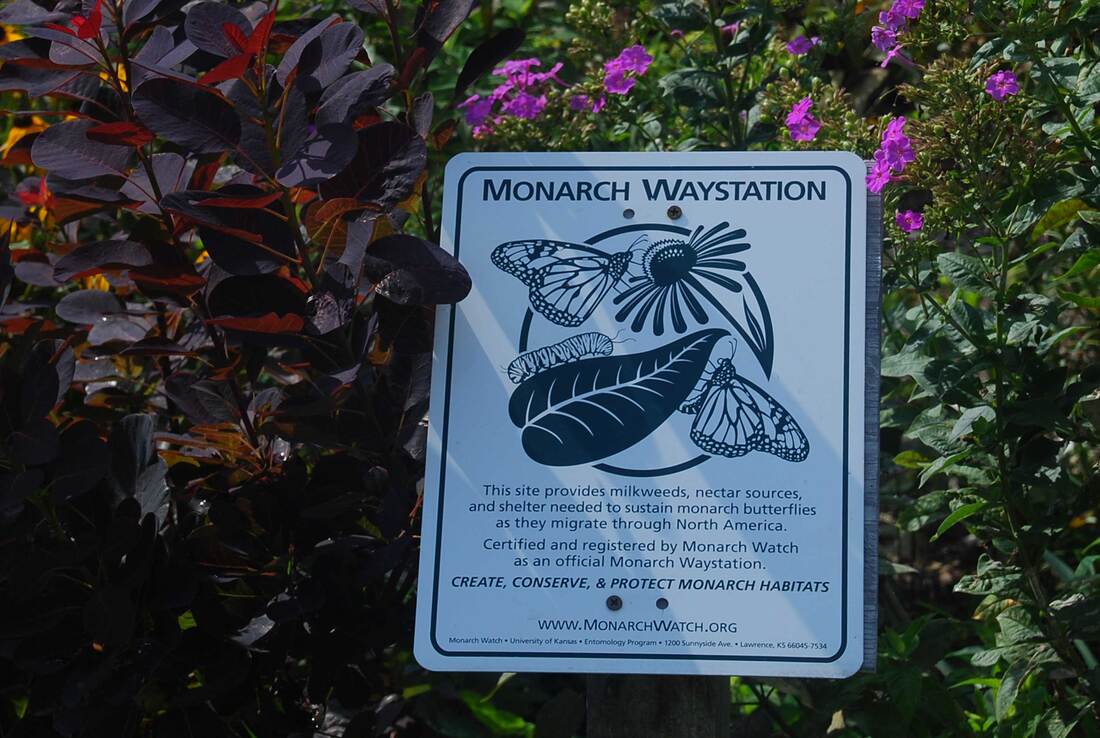
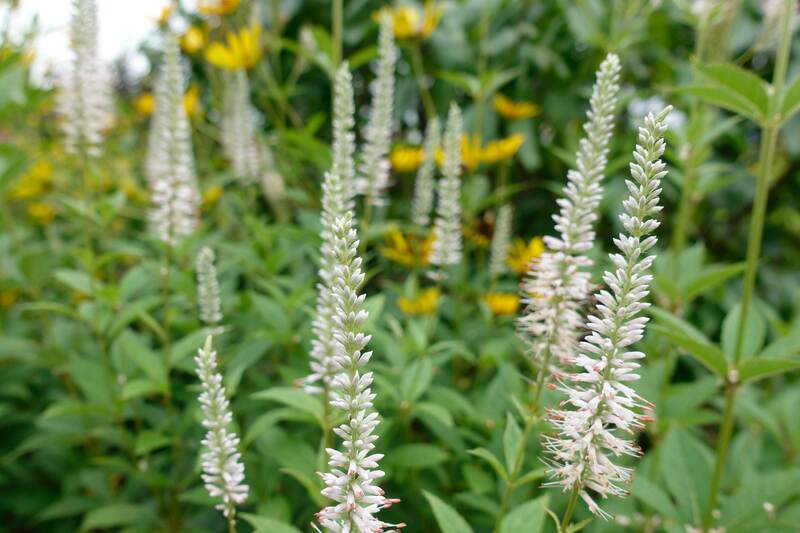
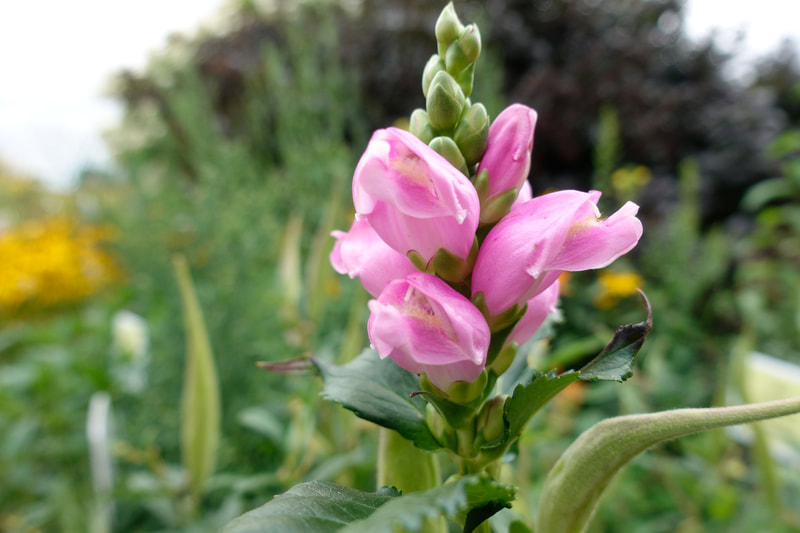
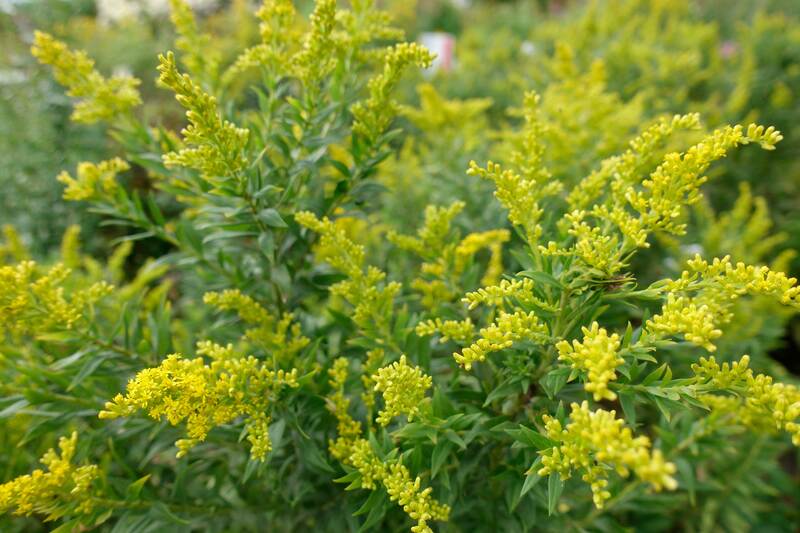
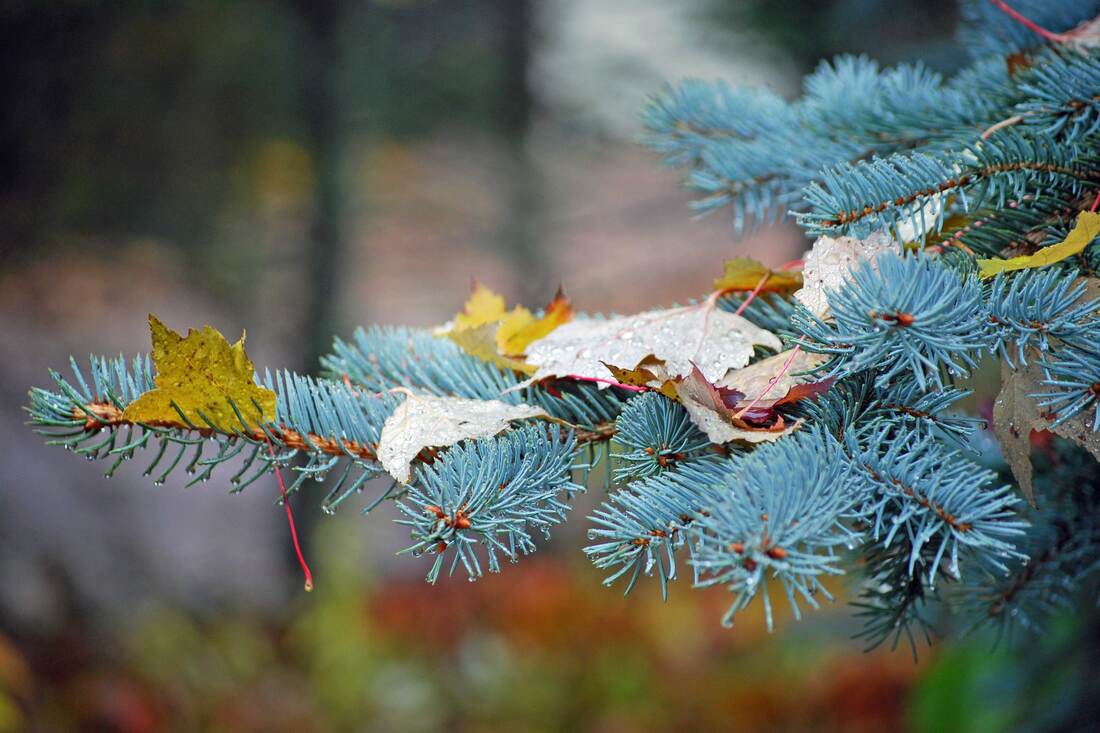
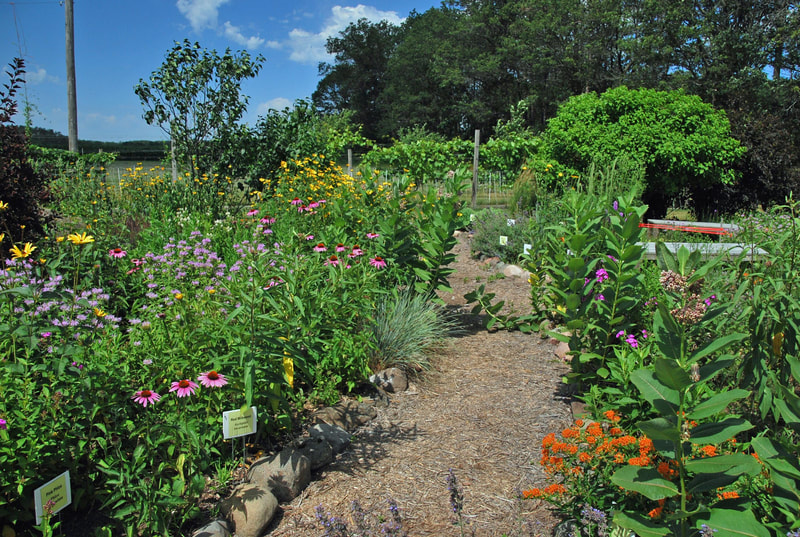
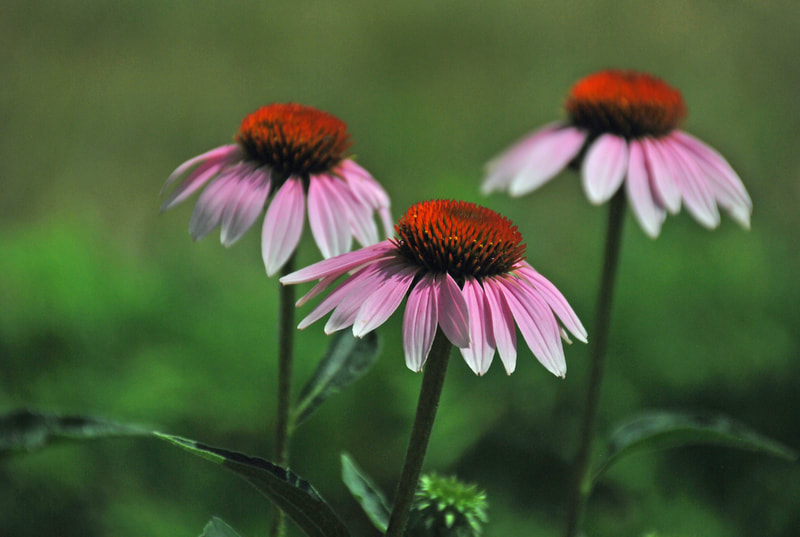
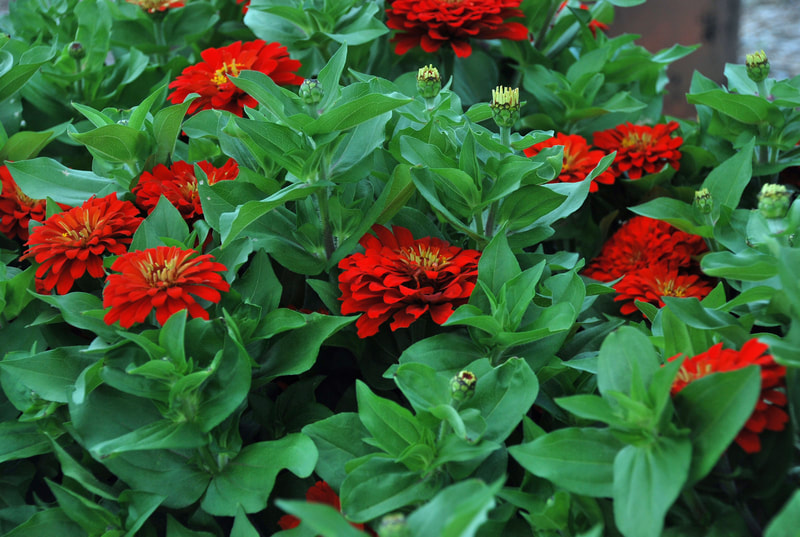
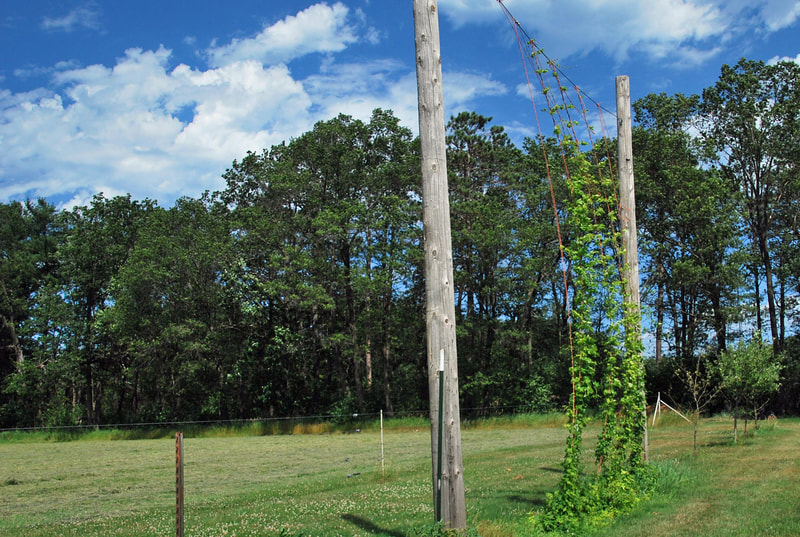
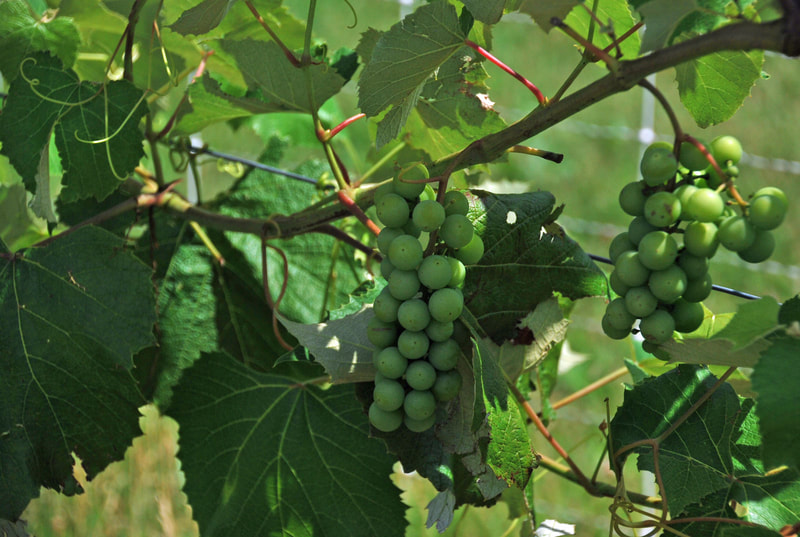
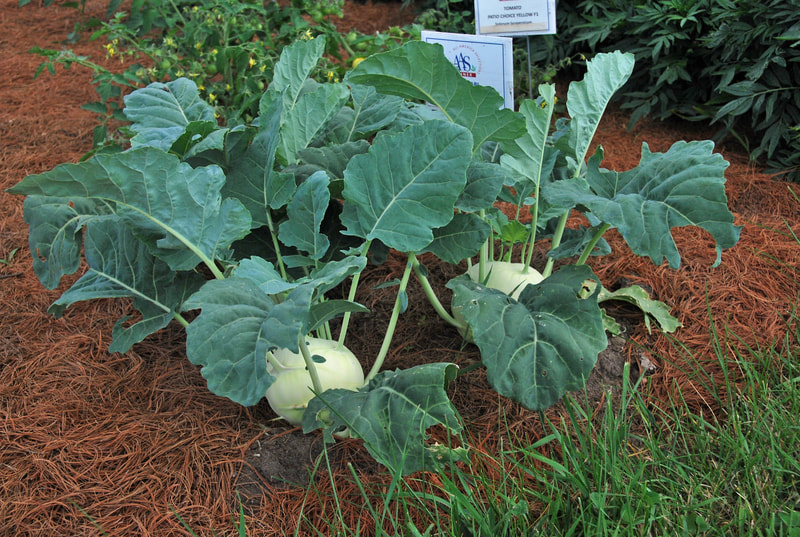
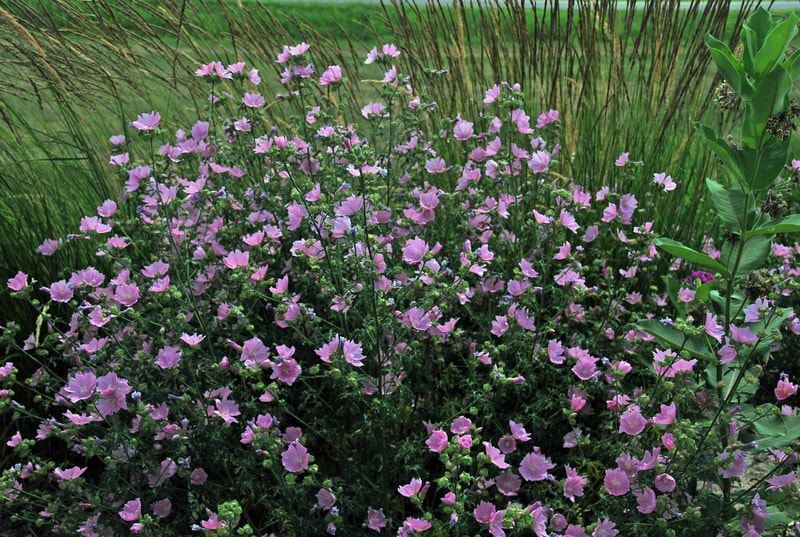
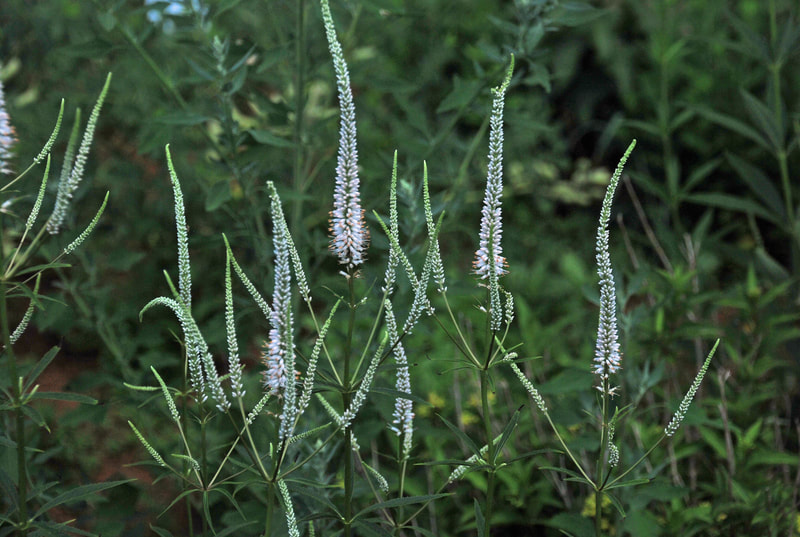
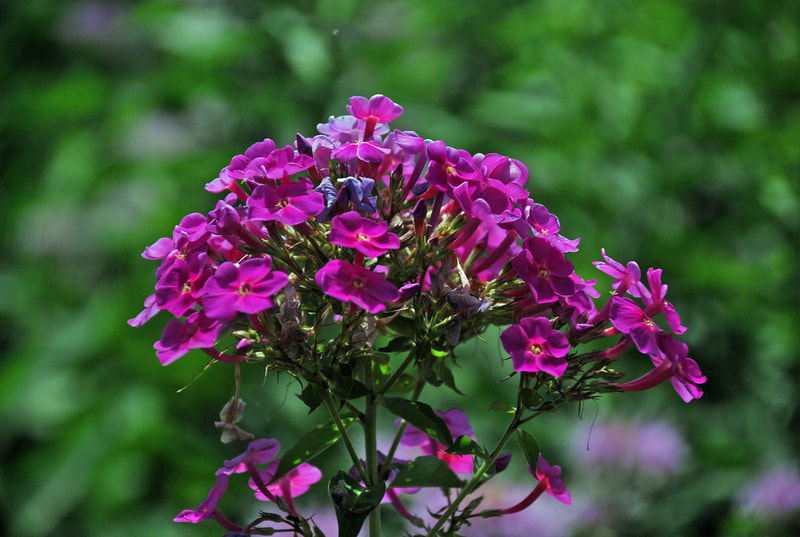
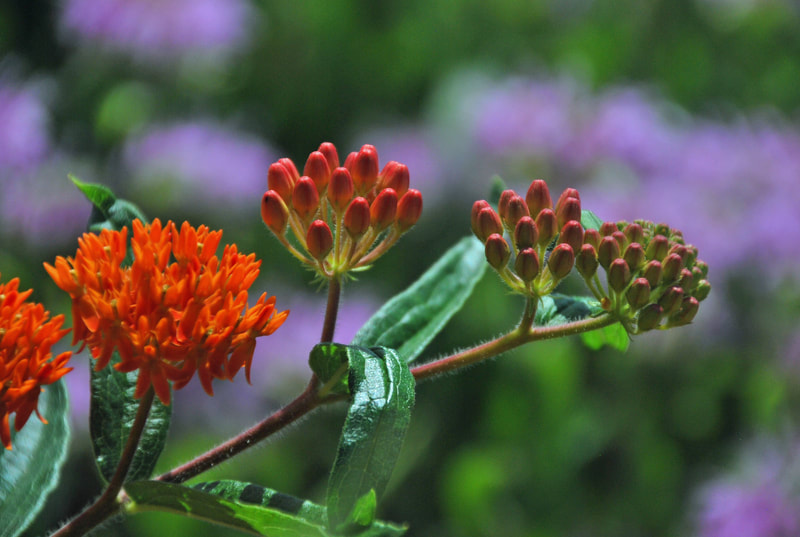
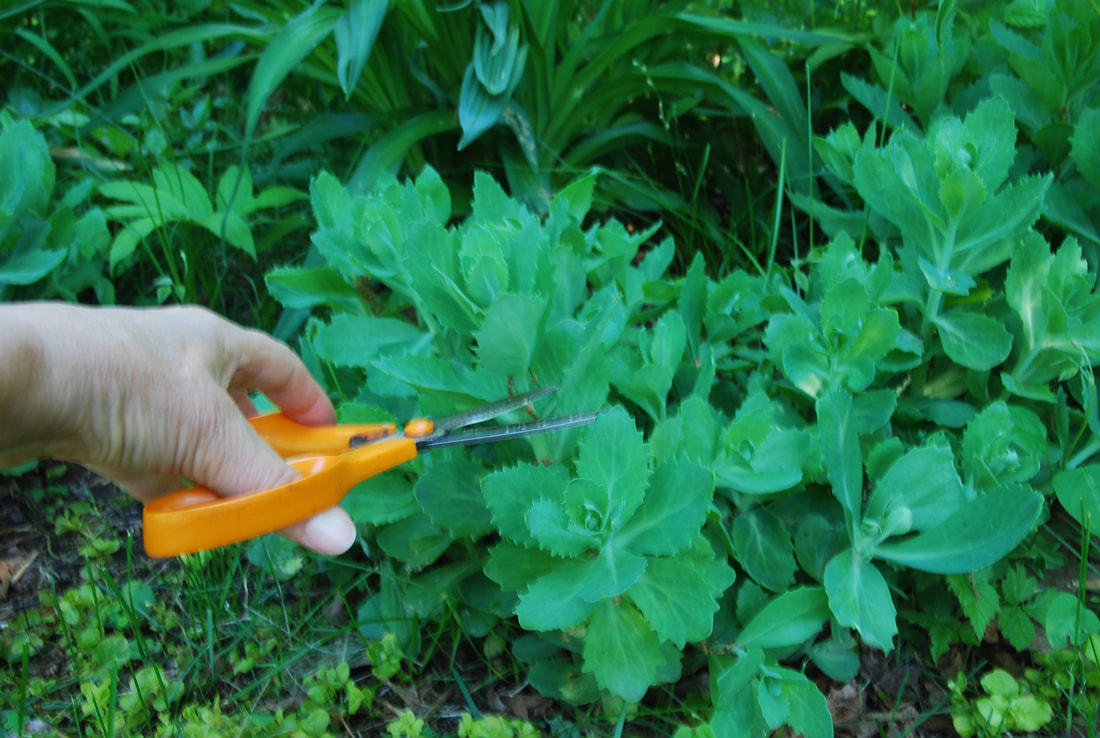
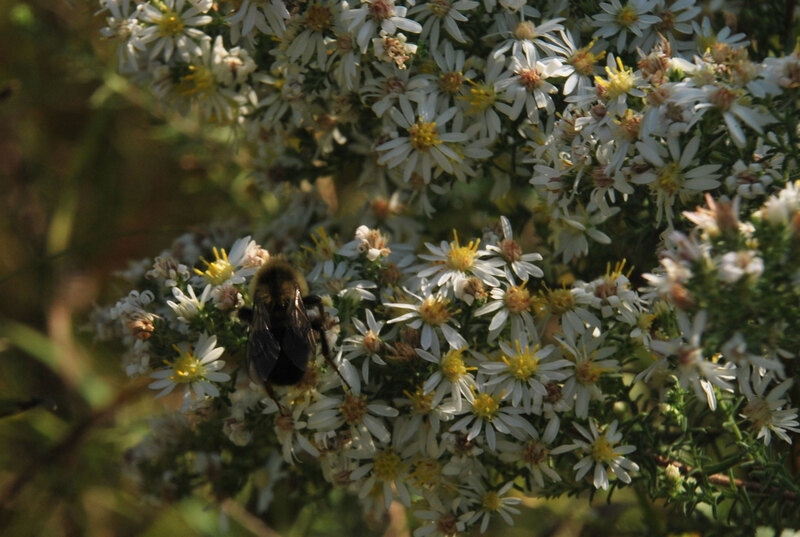
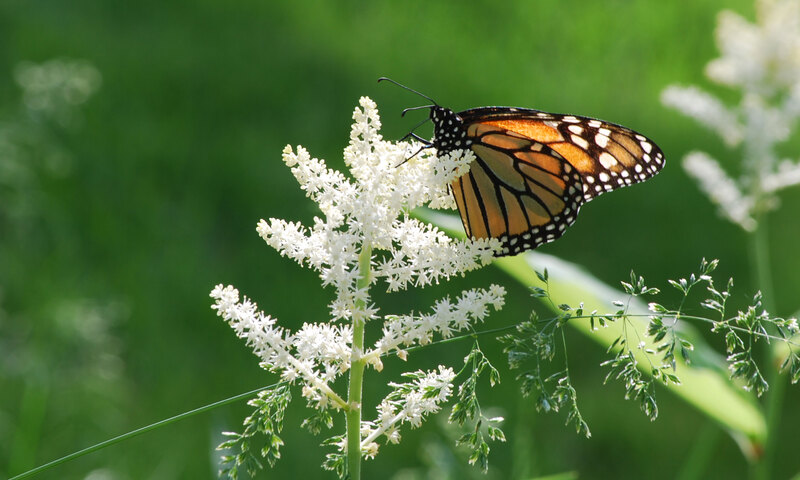
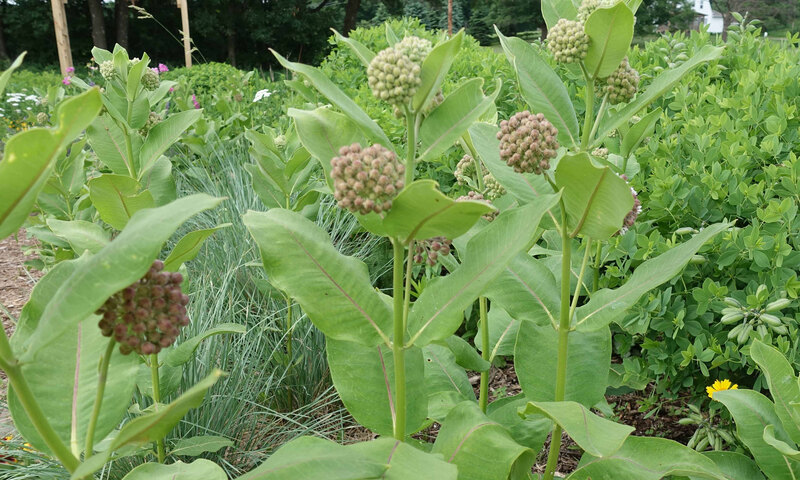
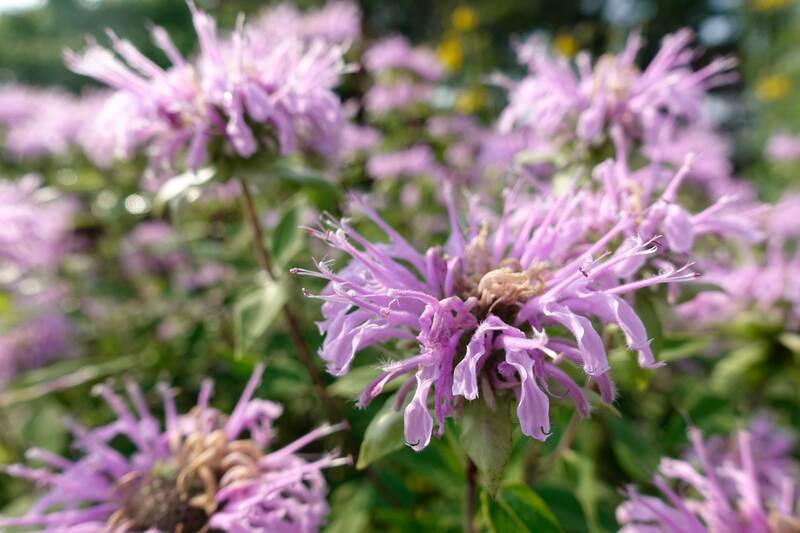
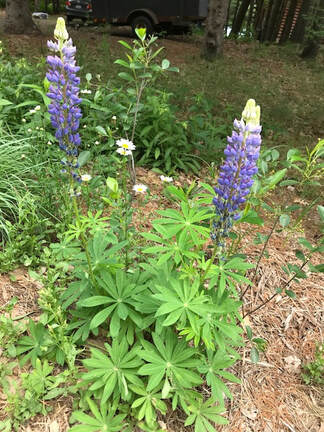
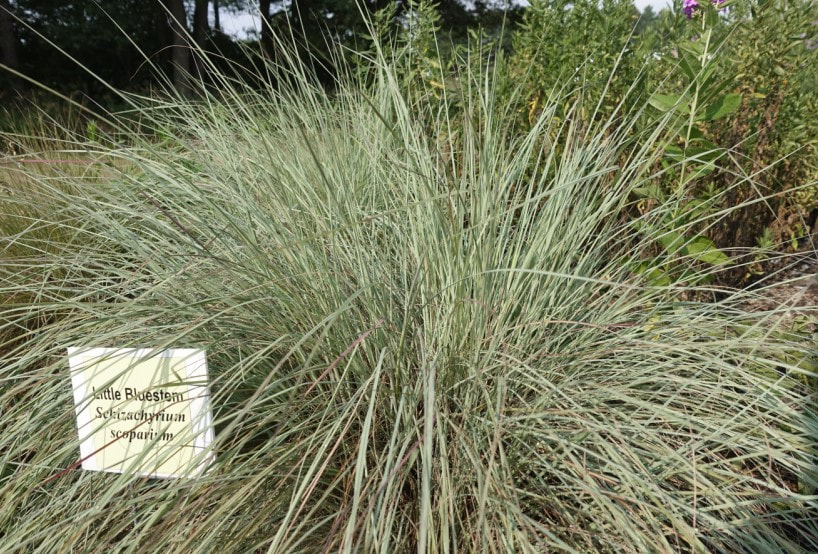
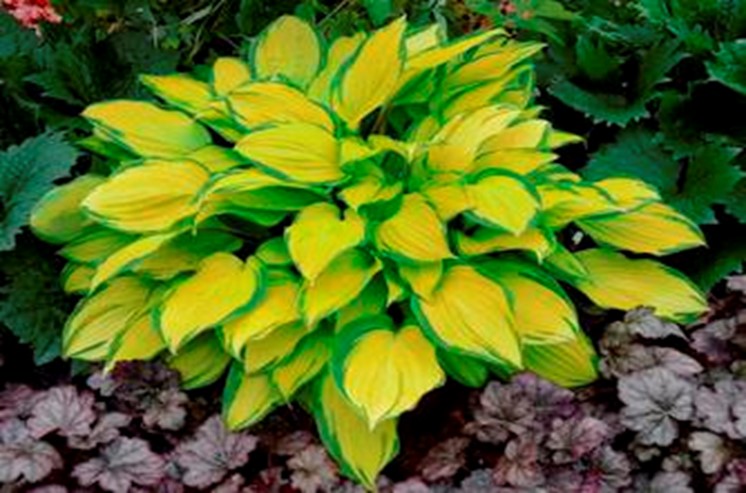
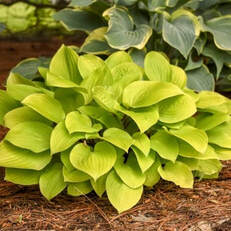
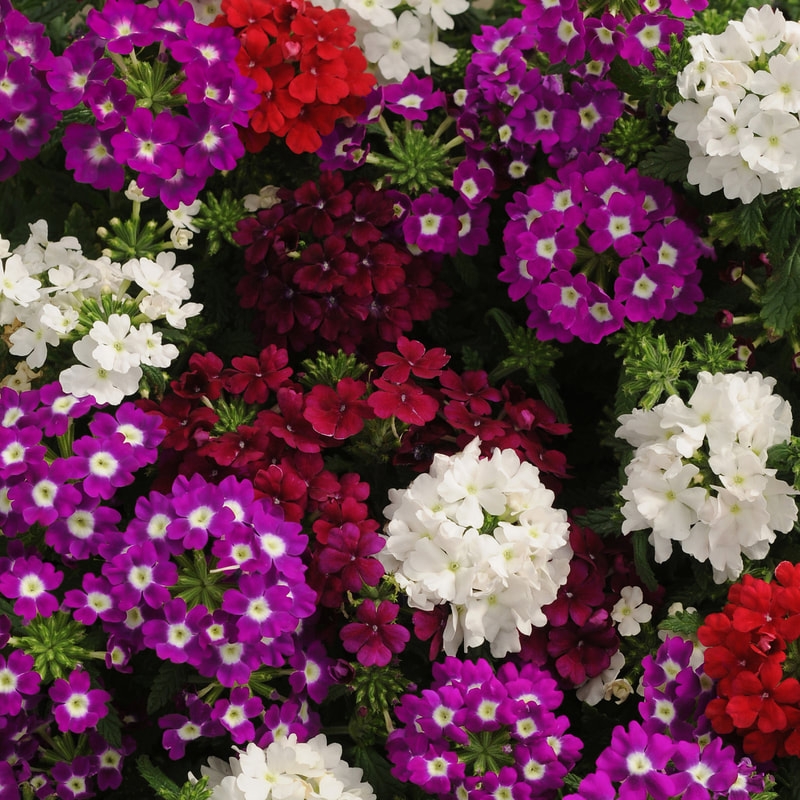
 RSS Feed
RSS Feed